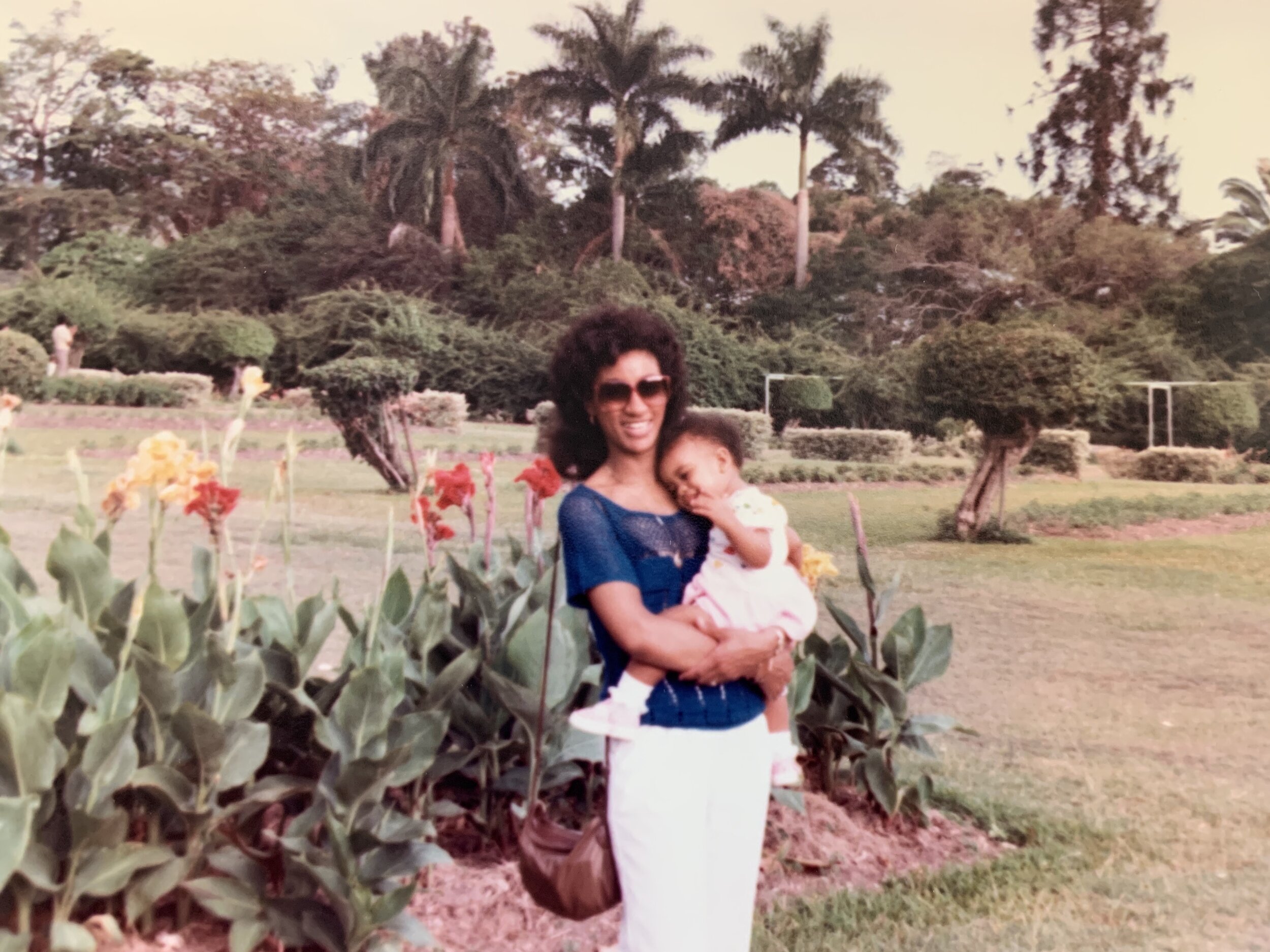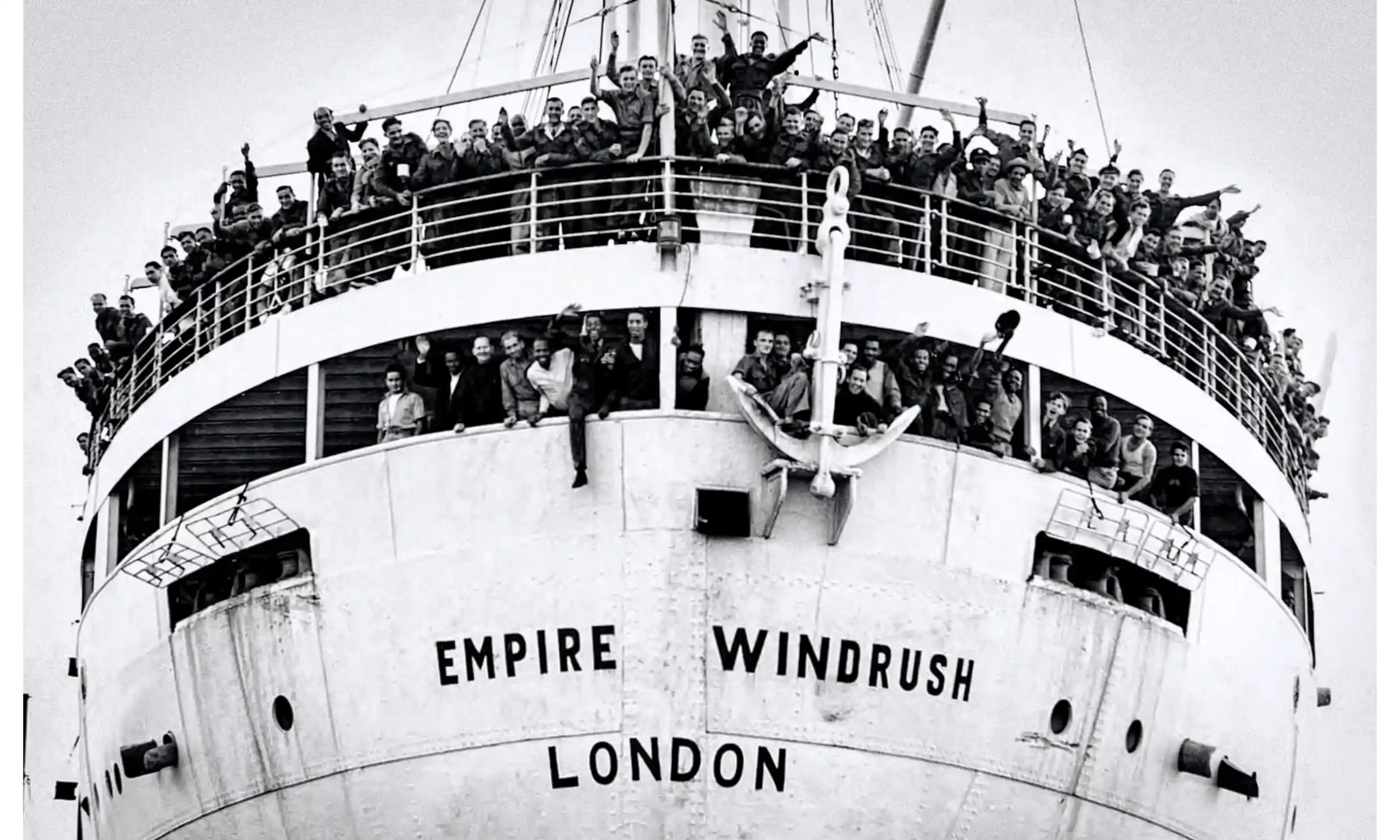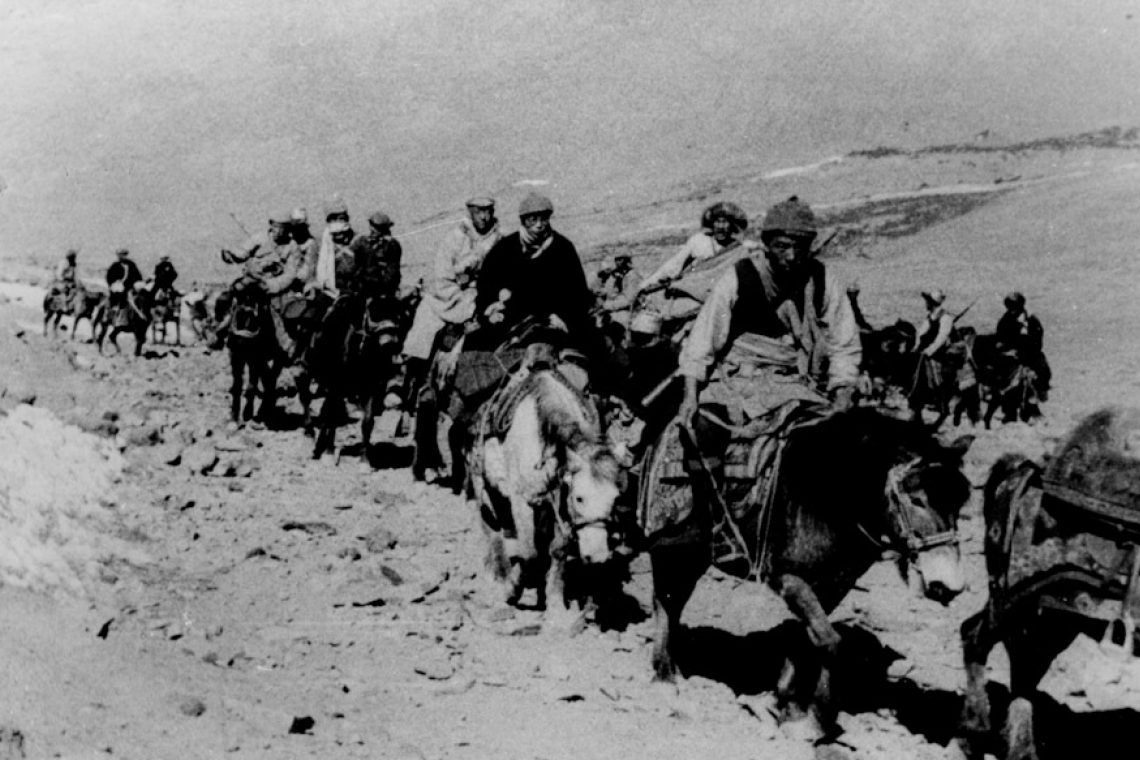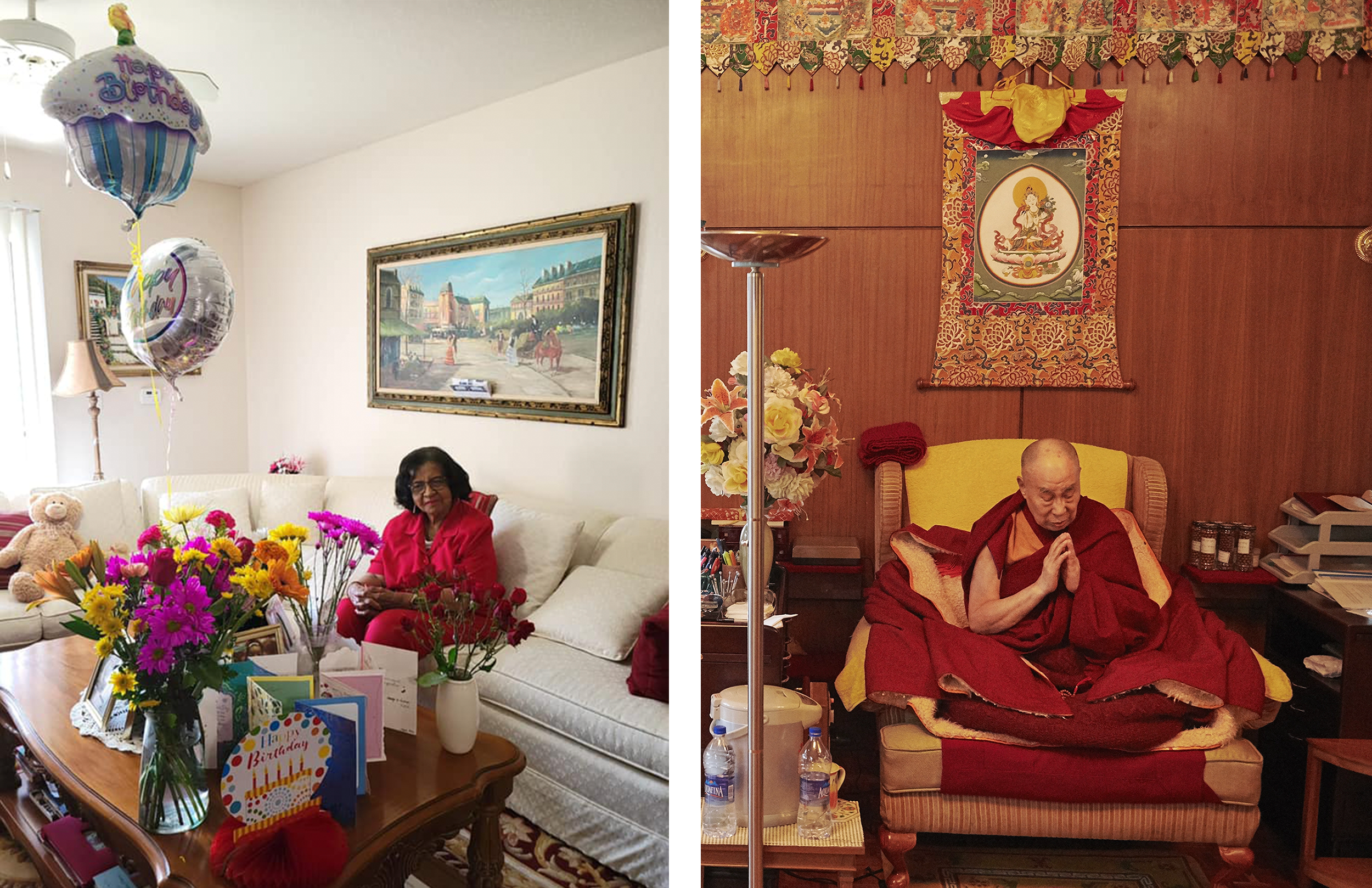His Holiness the 14th Dalai Lama: Hope
Written By Alexis Pauline Gumbs

The first time I heard the word “hope,” it was on my grandmother’s tongue. Held in her lips like a promise, a name. Actually it was not like a name, it was a name. Hope is the given name of a dear friend of my Nana and many Jamaican women born between World Wars. My Nana and Hope, always on the phone. And so when I hear the word hope, my first image is not an abstract better future. My first association is not the pervasive campaign material of Barack Obama. I see a small brown elder woman, soft in the face, a friend. And my Nana, the casual priestess, she for whom Hope is beloved, familiar, available to call on, anytime.
When I had the joy of speaking with Tseten Samdup Chhoekyapa, secretary for His Holiness the Dalai Lama about the message of hope beaming across the planet right now, he said his favorite part of the video was the green continents of the planet close up and then receding into wholeness. He especially loved the green, he said, because the grass is greener. Giving new meaning to the cliché, he taught me over WhatsApp, that hope is a green future. Hope, he explained, means the grass is greener on the other side of our determination. Hope and determination go together, he explained. We have hope for what our determination will make possible. And our determination is activated by our hope for the future. Round, like a planet. Not, like a planet, it is a planet, this one green planet, our hope. Deserving our determined love. Or is it our love that will let us deserve to be on this planet longer than our emissions predict? Is it our transformation of the meaning of green from greed to sustainability that will save us?

I believe His Holiness the Dalai Lama and his students when they say that Hope and Determination go together. Because it occurs to me that all this time, my Nana’s proper name has been Determination. She of the wayward father, whose mother died when she was a toddler, she who lost educational access when her grandmother died too, she the Jamaican orphan moving house to house, this woman who migrated to London and grew roses in the front yard and cabbage in the back cooking Jamaican food for hundreds of her lonely kin. This woman one of the many Windrush migrants, the deeply resented purveyors of the United Kingdom’s hope for rebuilding after the devastation of World War II. Yes. England’s best and only hope at the time in fact.
I can call her Determination, this good good friend of Hope, my beautiful Nana who danced all over London and then migrated to the United States, living between papers until she could get sponsorship for herself and her children. This woman who put her three children through elite colleges, when she herself did not have the opportunity to complete high school. The same woman who sent me to university with a rice cooker so, in her words, I wouldn’t starve. My grandmother who nonetheless never stopped writing letters from the time her grandmother handed her a pencil, a dictionary and a piece of paper and told her to write and ask her uncle in foreign for money and supplies. Determination is a good name for that sister-friend of Hope I must be named after.

I have not studied His Holiness the Dalai Lama as carefully as I have studied my grandmother, but I know they have some things in common. They were both born in the 1930s. His Holiness, like my beloved Nana, dealt with displacement from a young age. Like my grandmother and so many women named Hope His Holiness the Dalai Lama lives in involuntary circumstantial exile. Damdul Topden from the Tibet Hope Centre says what he loves about the image of this message of hope are the echoes of the Tibeten flag radiating out, because they remind him of his home, while he’s in exile. His Holiness the Dalai Lama, like the people he leads and my Nana has had to make hope a practice, a flavor, a portable form of love, they bring it with them. The people who have been around His Holiness, say they can feel it. Something beyond “nationality, colour and religion.” A transcendent “oneness.” My grandmother did not experience a version of hope beyond nationalism, xenophobia and racism when she migrated to England. But in the brief message, the flute, the spinning radiating earth of this image, I do feel, see and hear, resonance with my practice of learning to love the universe by looking and looking at my beloved Nana’s face.
And I think that could be a version of the oneness His Holiness the Dalai Lama speaks of, if we as a collective could love everyone my grandmother has ever been, the exile, the orphan, the undocumented immigrant, the black woman, the survivor, the houseless person, the disenfranchised person, the rebellious youth, the worker, the estranged mother, the elder, the loud opinionated person who has cursed a lot of people out, the drinker of very strong rum punch, the 90 year old wearer of stockings who still takes off her shoes to dance. The oneness of 7 billion people and his Holiness the Dalai Lama says “I am totally committed.” So there it is again: determination.

I myself have complex thoughts about the very idea of humanity beyond and within the ideas of nation and nationalism. I, granddaughter of Determination can’t settle on a definition of home that has not already been shaped by colonization. But I do know that in honor of a woman who fed everyone rice and peas and goat and so much cabbage, I too can become friends with Hope, call her up. Hear Hope suck her teeth, laugh and cry. Because Hope has been through so much. She has no illusions about what kind of world this is. Hope is not naïve, she’s very wise. Hope has seen so many come and go. Waited as Determination got out of touch and came back. And maybe Hope already knows whatever I would tell her. If so, it may not be so important what I want to say to Hope, my grandmother’s good friend of many years. But I do need to offer the love and respect that the world still withholds from the brown women everywhere without whom no one’s Determination could ever be achieved. Hope. Yes she’s known me since before I was born. I should act like I know that.
Alexis Pauline Gumbs is a Queer Black Troublemaker and Black Feminist Love Evangelist and an aspirational cousin to all sentient beings. Her work in this lifetime is to facilitate infinite, unstoppable ancestral love in practice. Her poetic work in response to the needs of her cherished communities has held space for multitudes in mourning and movement. Alexis’s co-edited volume Revolutionary Mothering: Love on the Front Lines (PM Press, 2016) has shifted the conversation on mothering, parenting and queer transformation. Alexis has transformed the scope of intellectual, creative and oracular writing with her triptych of experimental works published by Duke University Press (Spill: Scenes of Black Feminist Fugitivity in 2016, M Archive: After the End of the World in 2018 and Dub: Finding Ceremony, 2020.) Unlike most academic texts, Alexis’s work has inspired artists across form to create dance works, installation work, paintings, processionals, divination practices, operas, quilts and more.